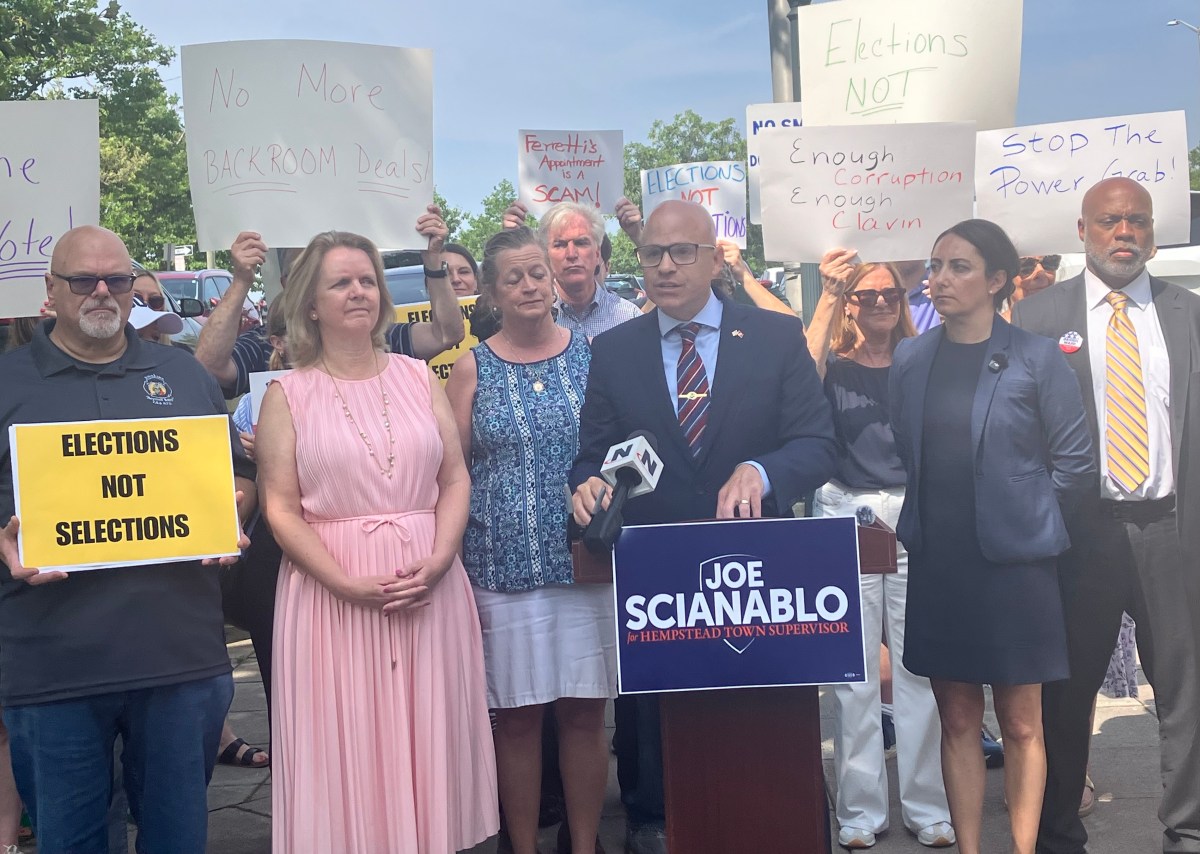Its offshore concession just a few miles from where ExxonMobil found large deposits of oil and gas two years ago, so Tullow Oil of the UK and Eco Atlantic Oil and Gas of Canada have announced plans to begin aggressive exploration of their own bloc, confident that the basin is rich in resources officials said this week.
The two companies have told Guyana’s government they are ready to begin surveys in their neighboring Orinduik Block by the end of June as the block is located just a few kilometers ”up dip” from Exxon’s Liza and Payara discoveries.
Exxon in partnership with Hess Oil and Nexen of China, has drilled seven wells since mid 2015 with only one coming up dry so far and this is encouragement to Tullow and Eco Atlantic of Canada, the firms said, indicating that they have already completed the first phase of exploration by evaluating all existing and regional 2D data.
The find has put Guyana on the world map of countries with oil and gas resources and allows the country to join Trinidad, Suriname and Barbados as nations in the Caribbean Community with existing or fledgling oil economies. A host of others including Jamaica, the Bahamas and Grenada are also ramping up awards of offshore blocks and encouraging big name companies such as Tullow and Repsol of Spain to begin exploratory work.
Eco and Tullow say they have already completed the first phase of exploration, including evaluating all existing and regional 2D data.
“The 2D interpretation has led to at least two significant reservoir leads on the Orinduik block that both we and Tullow believe may hold significant oil comparable to the world class regional discoveries identified by Exxon. Eco Atlantic expects to confirm a number of drilling targets with this increased 3D Survey, ahead of drilling of the first well in Orinduik, hopefully in 2018,” Eco’s Chief Operating Officer Colin Kinley said.
The announcement comes as the country scrambles to switch to an oil and gas economy in the coming months largely because Exxon plans to begin pumping oil from the seabed in late 2019 or early 2020.
Kinley said “we have since been excited to see Exxon continue to successfully prove out the region in its ongoing drilling program and look forward to results from our own 3D survey, which are expected to come in the next couple of months,” he said, as debate rages among government and the private sector as to whether a $5B refinery should be set up here to add value to crude production,



















